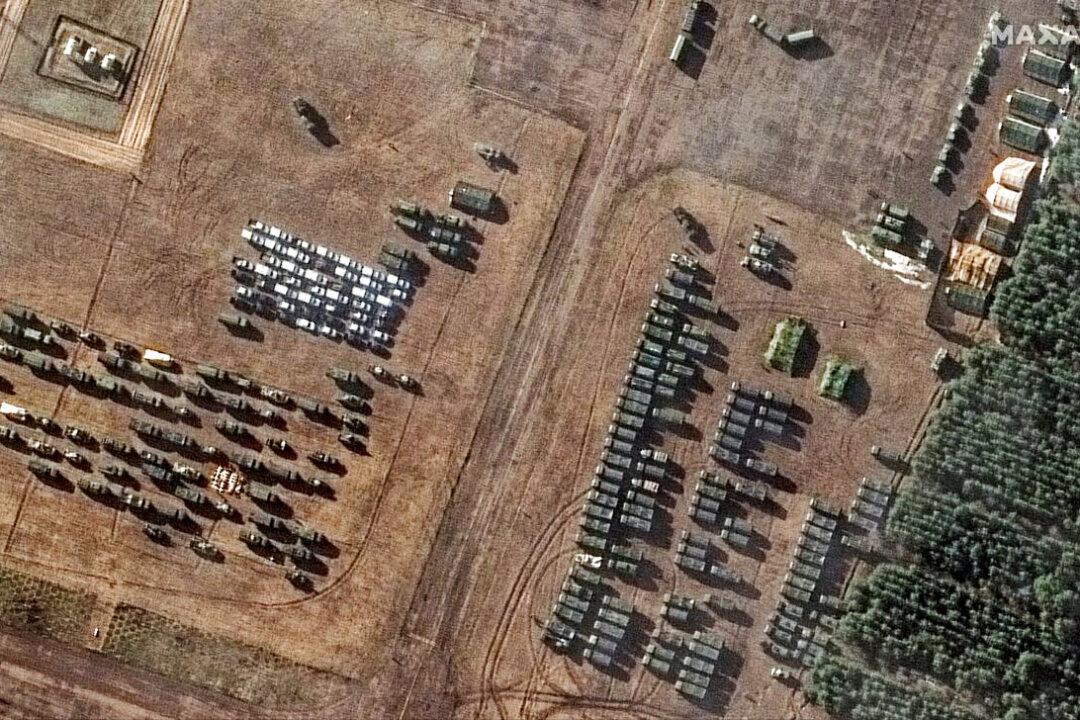Belarus, a key Russian ally, is ready to respond to perceived “provocations” by neighboring Ukraine, a leading Belarusian official has said.
“We have a response to every scenario, so we wouldn’t want the Ukrainian side to begin some sort of provocations, which are absolutely unnecessary and test our resilience,” Dmitry Krutoy, a top aide to Belarusian President Alexander Lukashenko, told Russia’s TASS news agency on July 1.





